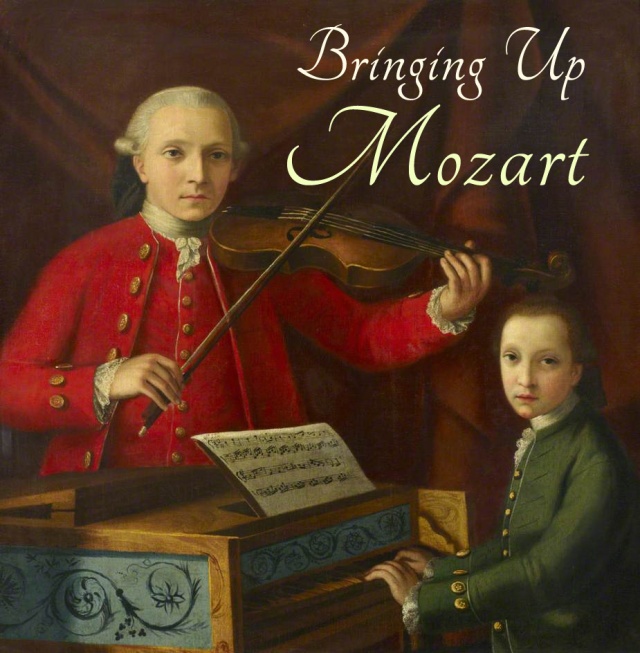Why was Franz Joseph Haydn one of Music History’s Most Prolific? (Volume!)
I remember one of the first things early in my Music History study was the stunning output of Franz Joseph Haydn. Drink this in:
108 symphonies; 68 string quartets; 32 divertimenti for small orchestra; 126 trios for baryton, viola, and cello; 29 trios for piano, violin, and cello; 21 trios for two violins and cello; 47 piano sonatas; about 20 operas; 14 masses; 6 oratorios; and 2 cello concerti. And this is pared down from a larger number! I went through several sources and the number averages around 800 total pieces!
So, how did he write so much? The answer is…he had a gig.

Haydn directing an opera at the Esterhazy Theatre in 1775.
Franz Joseph Haydn’s life was like many of ours. He started with many musical pursuits, including singing in a choir, then picking up odd music jobs where could find them. He eventually found himself though leading the musical affairs for a large estate of the very rich and powerful Esterhazy famîly.
This steady gig, while sometimes taxing and demeaning, brought something to Haydn’s life that only a few of us get to enjoy. He had time. He was given funds and authority. And he had also deadlines.
Anyone who knows the pressure of putting together a church service or lesson plan every single week, knows how it also spurs creativity. Many times just the act of having to write a new song, arrange a song for your group, or come up with ideas on how to teach a subject can bring new works from your mind that wouldn’t have ever existed otherwise.
He had to write symphonies, and quartets, and operas, and even specialty trios and works when his benefactor took up the baryton (similar to a viol) and wanted music written for it. Kind of like when your pastor who is also a singer wants that perfect song to sing and has you write it. Or an amazing wunderkind on flute wanders into your orchestra. You need music, and if you are a composer, you write for that!
Haydn had weekly things he had to prepare for and since they lived out in the country, it was just easier to write it himself.
“I was cut off from the world. There was no one to confuse or torment me, and I was forced to become original.” – Joseph Haydn
Nevertheless, Haydn flourished and grew through these years and eventually became known throughout all of Europe as he defined the symphony style.
Why This Matters
Sometimes it’s easy to think of our music jobs as a hassle, or a step towards something else, or perhaps we have found ourselves in a staid job we have been doing for years, if not decades. But this gig you have had, that you were blessed to find, could be the way the sum total of your output is measured.
Like Haydn, you may move past your “Esterhazy” phase into a “Vienna” or “London” phase where you bloom even more. But without the season of work and growth, the next season of opportunity might now ever present itself.
Got a steady gig? Have some autonomy? Maybe it’s time to take more advantage of it. Haydn the heck out of your position, and write, write, write. Sometimes we forget when we are the boss, we have the opportunity to actually do what we love.
Have a great week!

Coda
If you liked this article, please share it on your Facebook, Twitter, LinkedIn, or Email. It really helps more musicians, artists, and creatives find out how Music History Matters to them and their artistic pursuits. Thanks for reading! For more posts like this one, go to http://www.MusicHistoryMatters.org
If you didn’t like this article, and from your musicological viewpoint think this so much dribble, you’re likely right. Just realize we mainly write this for non-musicologists. Move along, this isn’t the scholarly writing you’re looking for…






